The Price of Restaurant Criticism
Remembering Jonathan Gold. A couple of his favorite meals. And a chance to win a trip to France.
This week longtime New York Times restaurant critic Pete Wells announced that he’s had enough; he’s leaving the job. Eating all those meals has just been too hard on his body, he noted, and he added that he’s not alone. He cited Adam Platt, who recently left his post with a plethora of eating-related maladies.
There are going to be a lot of articles about this. A reporter called me to ask about my history, and I told her that I’ve been lucky and it’s never been a problem. Indeed, I’ve always thought that being a restaurant critic is more about the writing than the eating; you only need a bite or two…
But Pete went on to list a number of ctitics who died before their time, and it was chilling. A.J. Liebling, A.A. Gill… and Jonathan Gold.
And it all came flooding back.
It was 2018. I boarded a plane to Italy, excited about being a juror for the Basque Culinary World Prize, excited about the surrounding events in Modena and happy that I was going to spend a few days beforehand with Nancy Silverton and Michael Krikorian.
And then all hell broke loose.
I landed at Marconi airport - which is, incidentally, a very good place to go through passport control. Nancy and Michael were there to meet me, and we drove right off to Osteria Bottega. "Jonathan says its his favorite restaurant in Bologna," they explained.
It was a hot night, and inside the restaurant it felt like a thousand degrees. Or did it seem so hot because the minute we sat down they said, "We have to tell you something"? While I was flying Jonathan had been admitted to the hospital, and things did not look good.
We ate then, with a kind of desperation. This time last year we were all carefree together and death had seemed so far away. Now we ate, thinking how much Jonathan would enjoy this meal.
Raw pork meatballs.
Taleggio - the best I've ever had - with a thick fig jam.
Truly extraordinary artichokes in oil.
Pasta with hare.
And fat, floppy tortelloni, a perfect balance of slightly tangy ricotta, sage and butter.
It was wonderful food, extraordinary food, but like everything I ate that week, it tasted mostly of the past. Every bite reminded me of some dish I'd eaten somewhere with Jonathan.
The next day we drove to the little walled town of Bevagna. First we found the most extraordinary fruit shop, the air filled with the fragrance of ripe peaches, apricots, strawberries. I kept adding more to my basket. Moving on we came to the Maccelleria Cariani; with its air redolent of hanging culatello, salamis and prosciutto it looked like something from the middle ages. Jonathan would have wanted everything; we bought too much.
The word was beginning to leak out that Jonathan was not merely ill, but seriously so, and the gruesome business of obituaries began. Knowing that Nancy was a friend and that I'd worked with Jonathan for more than thirty years we were both fielding phone calls from all over the world. I don't think I'll ever forget what it was like, walking through the faux-medieval market they were setting up in Bevagna's town square while answering questions about Jonathan. It consoled me that he would have appreciated the image. And when a man came over to berate me for leaning on a fake wood pillar, he would have laughed out loud.
We had dinner that night at Villa Roncalli in Foligno. "It's my favorite restaurant in Umbria," Nancy said, "but it's going to be the most leisurely meal you've ever had. There's only one woman in the kitchen, and she takes her time."
This was the most astonishing frittata I've ever encountered. So tender it trembled, the powerful herbal flavor a lovely contrast to the delicate texture. Jonathan, who hates eggs, would have shuddered.
The chef, Maria Luisa Scolastra, grows her own vegetables, bakes her own bread, pasta and vinegar. This simple pasta with pesto shows you why her food is worth the wait: there's nothing to it. Just pasta, olive oil, herbs. And yet it makes you want to forget every other version of the dish you've ever tasted. It's a delicate dance of texture and flavor.
We'd been at the table three hours before the pasta showed up. And then, while we waited for grilled Chianina beef and pork we kept on drinking. We sat down to eat at 7:30, but when Pete Wells called near midnight the main course still had not shown up. Struggling to talk about Jonathan and how much he meant to me, I thought how he would have laughed to hear how deeply inarticulate I'd become.
We cooked the next day; Nancy had sold a home-cooked meal for charity. By then we knew that Jonathan had only hours to live, and while I helped Nancy make a dozen different vegetable dishes - grilled fennel, roasted eggplant, gorgeous white beans, roasted tomatoes, onions in balsamic vinegar, ricotta-stuffed squash blossoms, tiny potatoes - I constructed an apricot tart.
Once it went into the oven I went out to the garden to write about Jonathan. Because I knew that the speech I was about to give in Modena needed to be about him.
Here it is… the speech I gave to the people attending the Basque Culinary Conference.
I had a different speech written for today. I was going to talk about what is, in my opinion, the gravest danger facing food journalists today: the danger of telling the wrong stories. I was going to talk about how much we’ve muddied the waters by relating what seem like truths, only to find out a few years down the road that they were the wrong truths. That we’d been misled by science, by politics, by marketing. And that in the face of all the serious problems today, we have, perhaps, so confused the public that they’re no longer listening to us.
As someone who’s been writing about food for fifty years, I spend a lot of time worrying that we haven’t done a very good job. We in the food press have confused the public by printing constantly contradictory stories. One year butter is bad for you and everyone stops eating it. Then it turns out margarine’s even worse. Eggs are a culprit. No, they aren’t. Gluten is terrible! Well, maybe not so much. Salt, salt is the problem. Well, no only ten percent of the public is salt sensitive. Saturated fat will kill you. Oh no, maybe it won’t. Sugar is a killer… After a while people just stop listening.
As writers like Marion Nestle have conclusively proved, we’ve been dreadfully manipulated by Big Food, who have not only paid researchers to do spurious studies, but also targeted scientists and investigative writers in an attempt to make sure that no bad news that might compromise their business ever leaks out.
I was going to say that in these times, more than ever, people need real news, news they can use to fix our broken food system. I think we can all agree that there has never been a time in human history when we were in so much need of the facts each time we sit down to eat. We all keep asking the question _ what should we eat? Never have the answers been so confusing.
You all know the problems. They’re the ones many of the candidates for the Basque World Prize are trying to solve: food waste, food distribution, hunger, poverty, obesity, the devastation of the oceans, carbon dioxide in the air, water, climate change, overuse of antibiotics. Our food is being threatened from everywhere.
But I landed in Italy Thursday night to such terrible news that I just can’t give that speech right now. I got off the plane to learn that my longtime colleague and friend, Jonathan Gold, was dying. That I’d never see him again. And so for the past few days I haven’t been able to think about anything but Jonathan. Which is probably appropriate to this conference. Because the mission of the Basque Culinary World Prize is to use gastronomy as an engine for change – and I don’t think anyone has ever done that better than Jonathan. And, over the past few days, as I’ve watched the extraordinary outpouring of grief and love, I’ve been struck by how much has changed. Jonathan’s death was on the front page not only of the Los Angeles Times, but also of the NY Times, a paper he never wrote a single word for. And that is proof of how much food now matters to people – and what a huge opportunity it offers all of us.
Long before Tony Bourdain stepped out of the kitchen and onto the television screen, at a time when nobody in America – and few people in the world -understood the power of food, Jonathan got it. As far back as the early eighties he was using restaurant criticism as a way to talk about much more than where you should eat. He understood, long before anyone was talking about it – and certainly before anyone was writing about it – the many ways that food creates community. Jonathan was a true visionary, a person who defined in his very being, edible truth.
In his hometown, Los Angeles, Jonathan is revered as the person who literally put their food on the map. In fact the documentary about him is called City of Gold a play on words that implies that he made the city. And in some sense, he did.
Los Angeles is a confusing place, a huge sprawl divided into ethnic enclaves. A Thai chef told me, in the early 80s, that he could live his whole life in LA without learning English because he could so easily stay inside his community and do everything he needed to in his own language. It is precisely that insular quality that makes LA restaurants so remarkable; chefs were cooking for their own people, and they had no need to water it down. What Jonathan did was mix it up, lure his readers out of their safe little territories. He had a message: Try other people's foods and maybe you'll discover not only that you like what they eat – but also that you like them. He wanted to make them curious about their neighbors – and he instinctively knew that there was no better way to do that than through their food. As one young woman – not a food person, simply a person who likes to eat – wrote me this morning “Wherever he is now, I know that if I ever end up there he’ll be the first person I ask to show me around, right after I thank him for teaching me how to live in this city I call home.”
And that is the JG effect: through Jonathan people discovered a formerly hidden city. And because of that, the city changed. In the world that Jonathan made, Los Angeles was a small town. As one chef wrote to me yesterday, “He treated us and our food with respect and love. And saw us as equals. Our food trucks, our holes in the walls, Mom and Pops – that was the true identity of Los Angeles. He saw it, he loved it, and he wanted us to succeed. He believed in us when many did not.”
Jonathan didn’t start out as a food critic. Before he wrote about food, he wrote about music. This is how I have described our meeting in my upcoming book.
“In the early eighties, when I became the restaurant critic of the Los Angeles Times, I kept running into the same young couple when I went out to eat. Did they, I wondered, spend all their time in restaurants? You couldn’t miss them; they were extremely conspicuous in the small Asian and Mexican restaurants they seemed to favor.
He was pale and puffy with long, thinning hair, and the mushroom complexion of someone who rarely sees the sun. She was tall, with golden skin, wild black hair and a lean body that seemed to be all legs. No matter the weather he wore a scuffed black motorcycle jacket, while she favored bright prints in clashing colors.
For months we pointedly ignored each other. Then a waiter in some tiny Koreatown restaurant specializing in tofu insisted we share a table. We were the only non-Asian patrons in the place, and the man refused to take no for an answer.
Slowly, reluctantly, we began to talk. Jonathan Gold turned out to be the music critic of the city’s alternative paper, The Weekly, but there seemed to be no subject on which he lacked an opinion.
He was a classical cellist and rap music aficionado who was close to people with names like Snoop Dogg and Dr. Dre. (They called him Nervous Cuz.) He also claimed to have eaten in every taco stand in the city. I found this hard to believe but it turned out to be true. Jonathan also knew a stunning amount about Thai and Korean food, and he could go on for hours about the distinctions between the foods of Uzbekistan and Tajikistan. I found him slightly pompous, irritating, and utterly fascinating. I was pretty sure he felt the same way about me - minus the fascinating part.”
Sometime during the eighties Jonathan gave up writing about music and focused, instead on food. It wasn’t just that he loved eating out: he’d begun to understand the power of food. Yes, he could and did tell you, in excruciating detail, about the one restaurant that specialized in the food of Oaxaca, and which place in Koreatown served only Korean black goat soup. But he was different than the other people who were then writing about “ethnic” restaurants (a word that drove him crazy). And not merely because the quality of his writing was so high that someone once told me that he was “much too good to be wasted on a food critic.” And it wasn’t his enormous respect for each cuisine. What set him apart was that he never lost sight of the fact that when he was writing about food he was really writing about much more. He was writing about people.
And he passed it on. I just edited this year’s edition of Best American Food Writing. As I read through the hundreds of stories one theme kept recurring: over and over young writers began their pieces by saying, “I want to be the next Jonathan Gold.”
Reading through the entries I began to understand exactly what that meant: it meant that food writing has changed. Fifty years ago when I started my career, it was extremely polite. Not any more. The sound of modern food writing is angry, raucous and impolite. It embraces class and gender. It asks difficult questions. The new sound of food writing is muscular and passionate – and it understands its own power.
That it is intent on fomenting change is very much thanks to Jonathan. Because he not only showed us a new way of looking at food, but also proved that you don’t need television or a movie to make an impact. Every time he put pen to paper he proved the power of words.
I know there are a lot of writers in this room. And I hope you’ll all remember Jonathan’s most important legacy. What Jonathan showed us – more than anything – is what food writing can do. In the hands of a passionate, talented writer, words can become powerful weapons.
Last week I thought that what we need is more investigative writers telling us the truth. And that’s not wrong. But now I see is that sometimes the softest words make the biggest impact. Jonathan wrote about delicious dishes in far-flung neighborhoods. He did not write an overtly political word. And yet he touched millions of people and changed an entire city. Those of us who want to change the world would do well to remember that stories that seem very small can turn out to be the biggest ones of all.
On a happier note…
Veggies To Table is an admirable farm that hopes to end hunger in Maine. Every year they have a fantastic summer fundraiser, and while you may not be able to join them in person, you can go online to bid on the silent auction. The prized are fantastic!
As for me…..I’ve opted for the Golden Ticket.

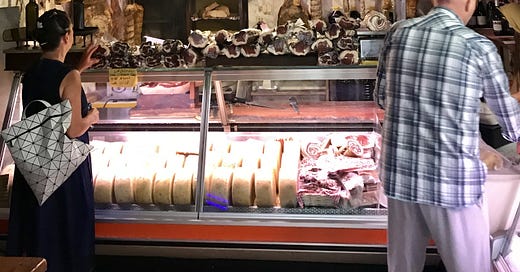



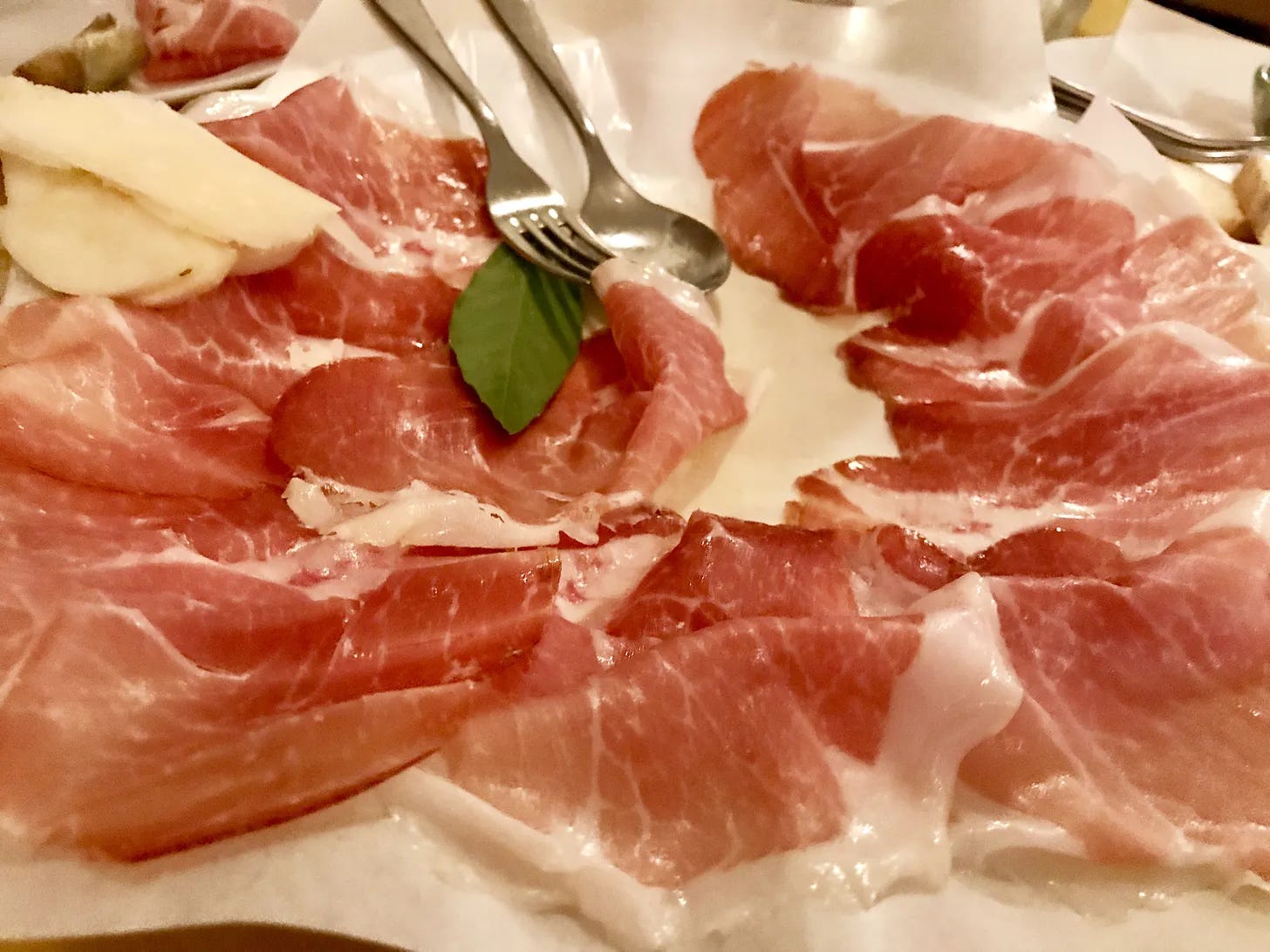

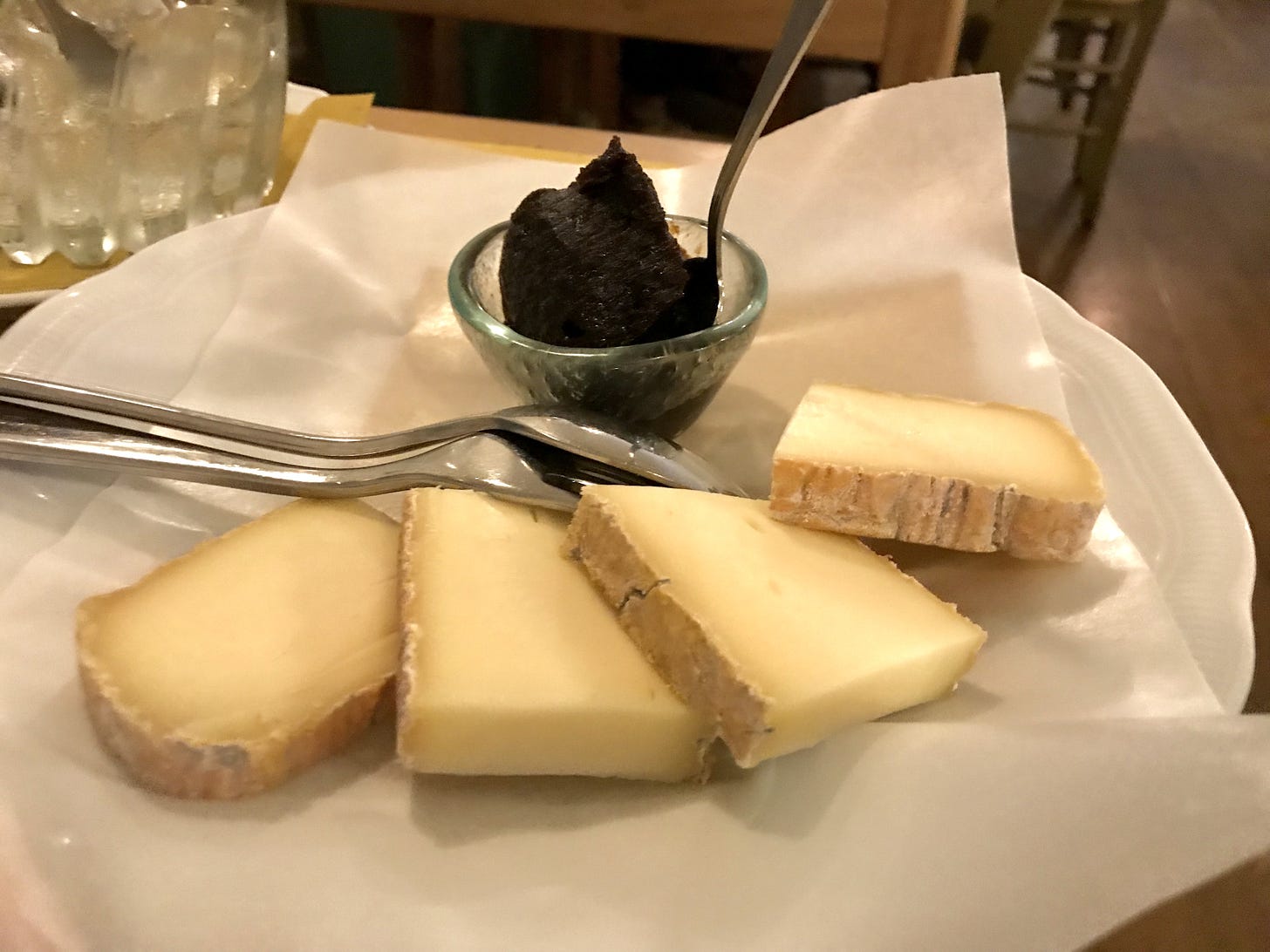
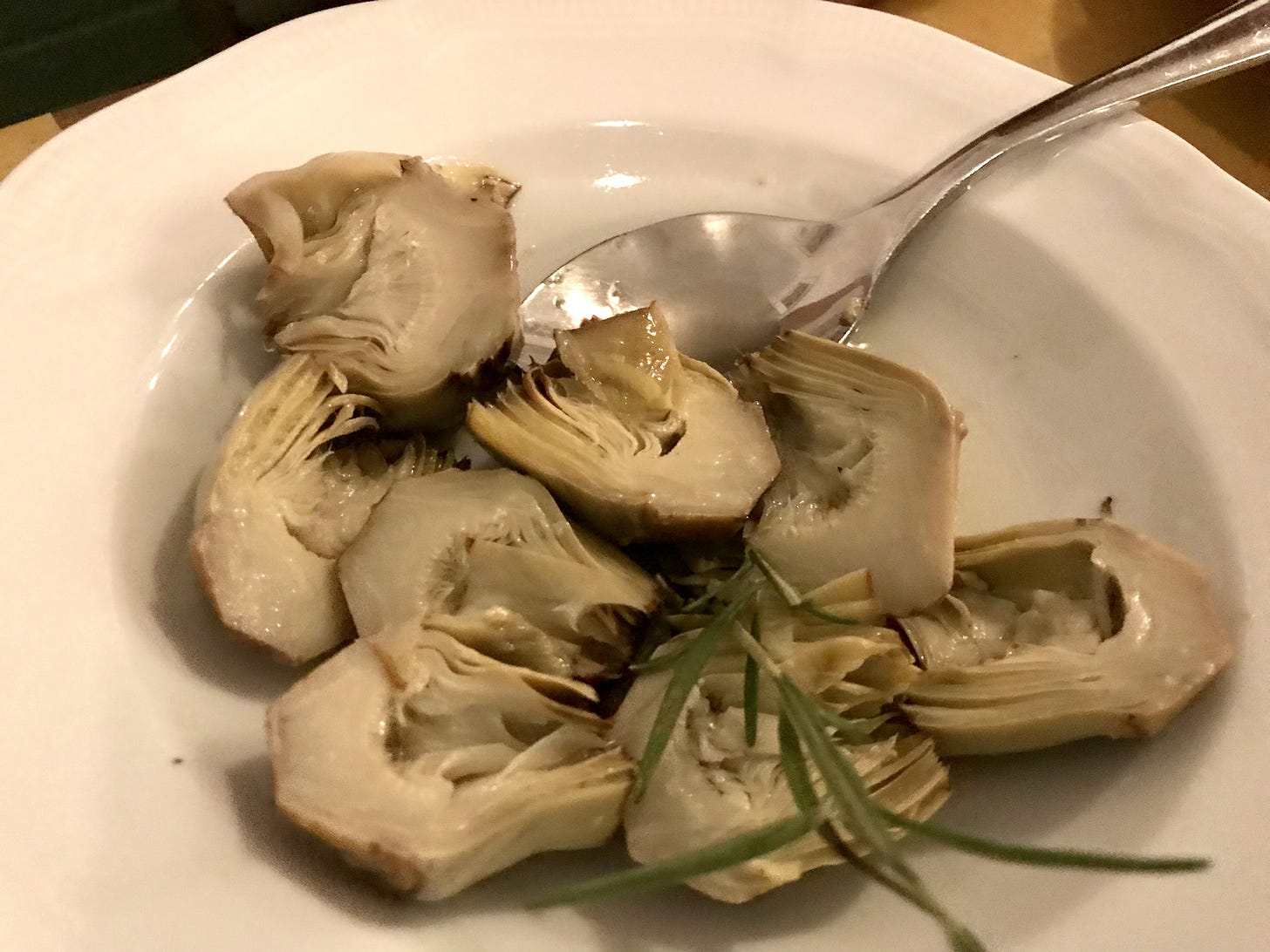
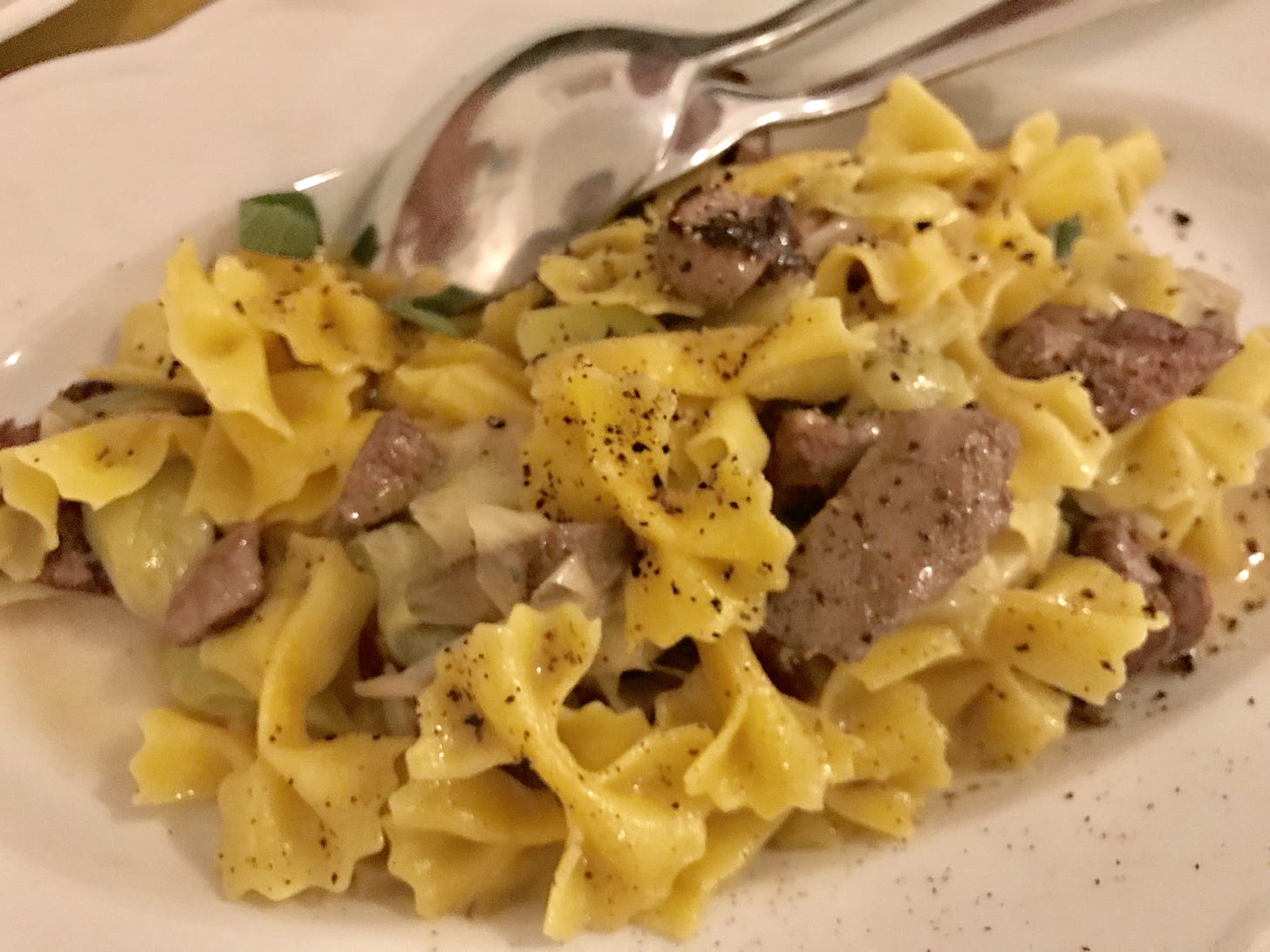


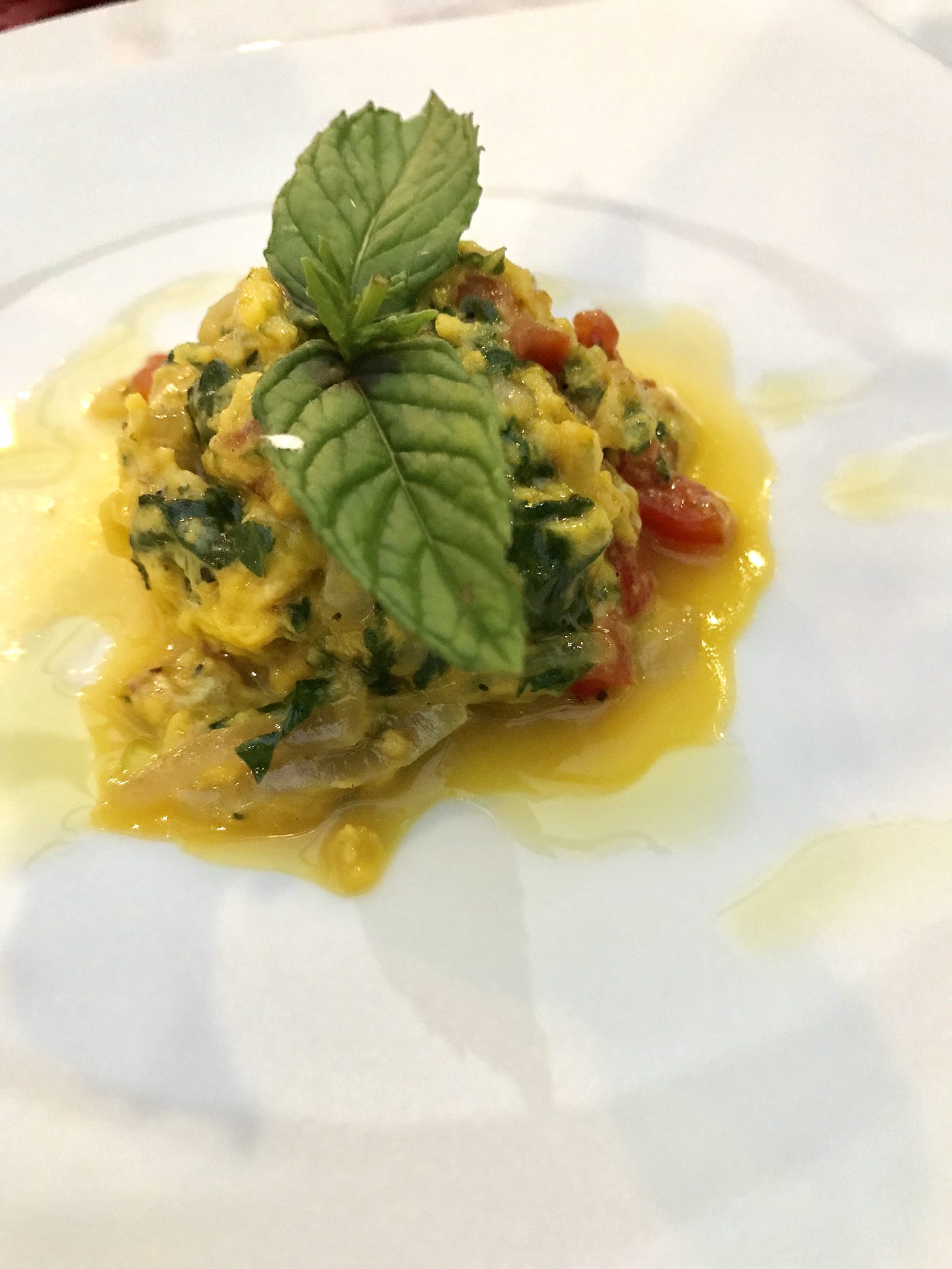
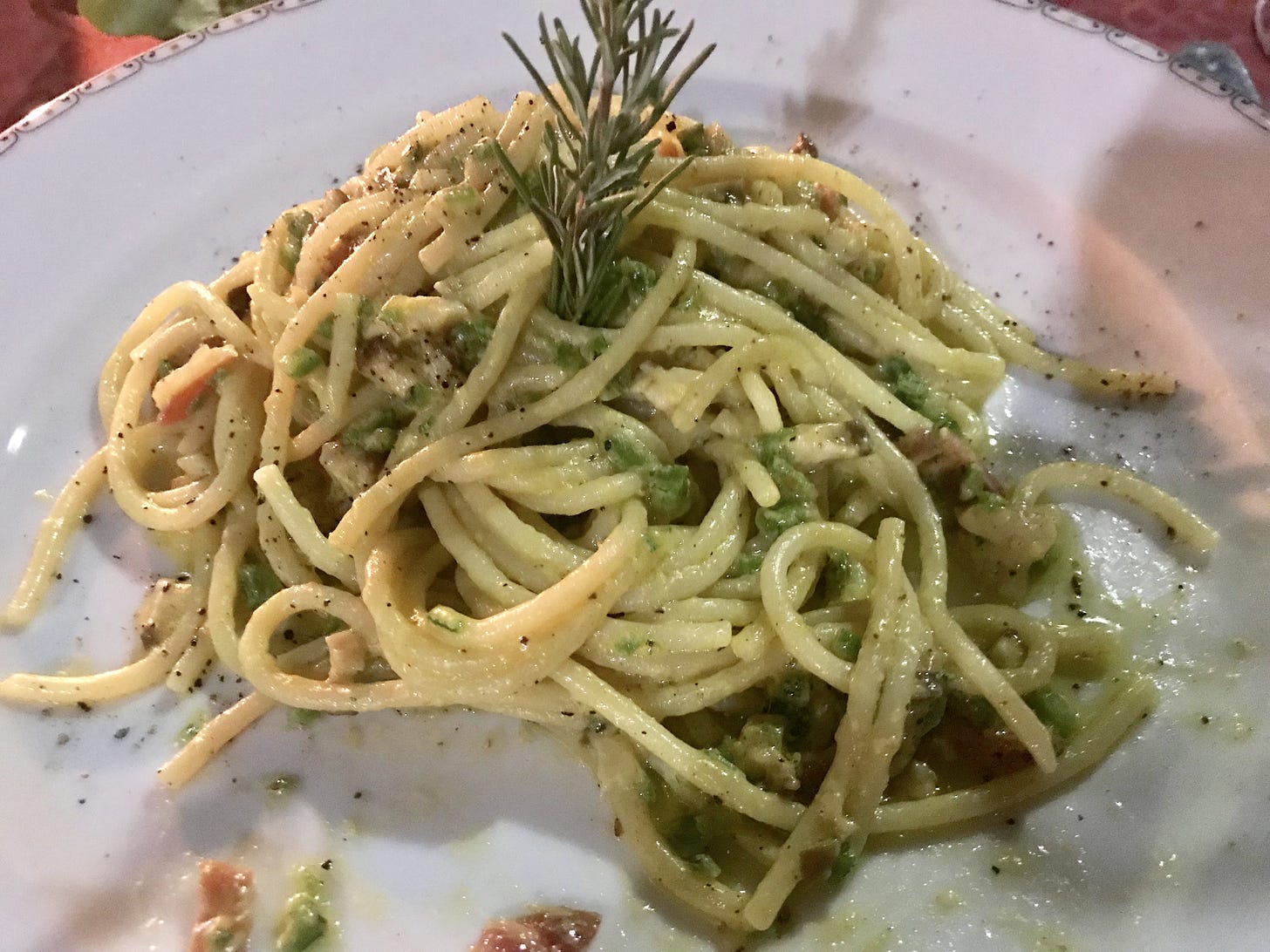


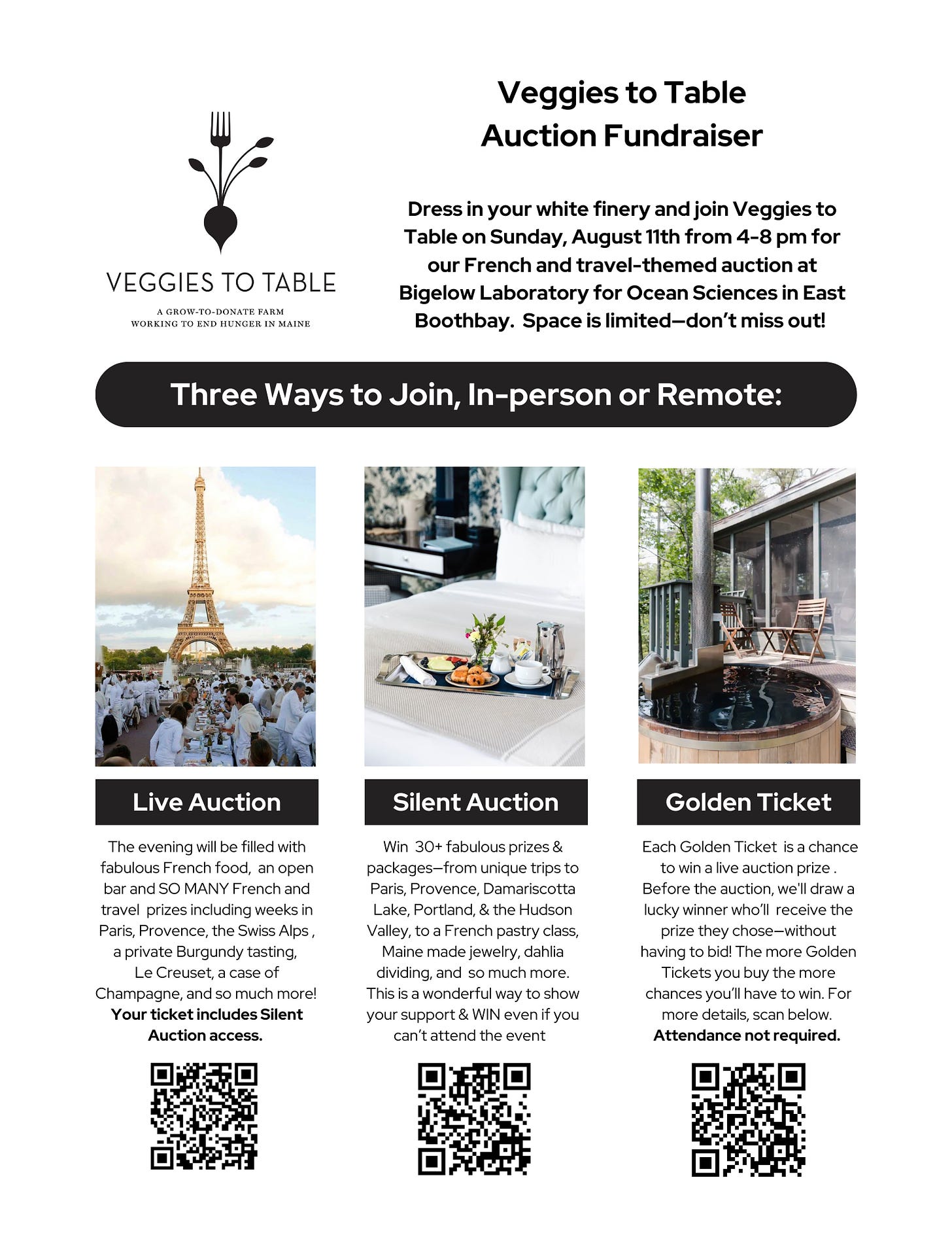

Such a beautiful tribute to him. Will someone please publish a collection of his writing?! I would love to read all of his old reviews and really anything he wrote all in one book.
Ruth, I’m sitting here crying — thank you for the beautiful words: about Jonathan’s profound impact, about the tolls of doing the work, and yet, its immense purpose. Needed to read this today. Thank you for sharing.